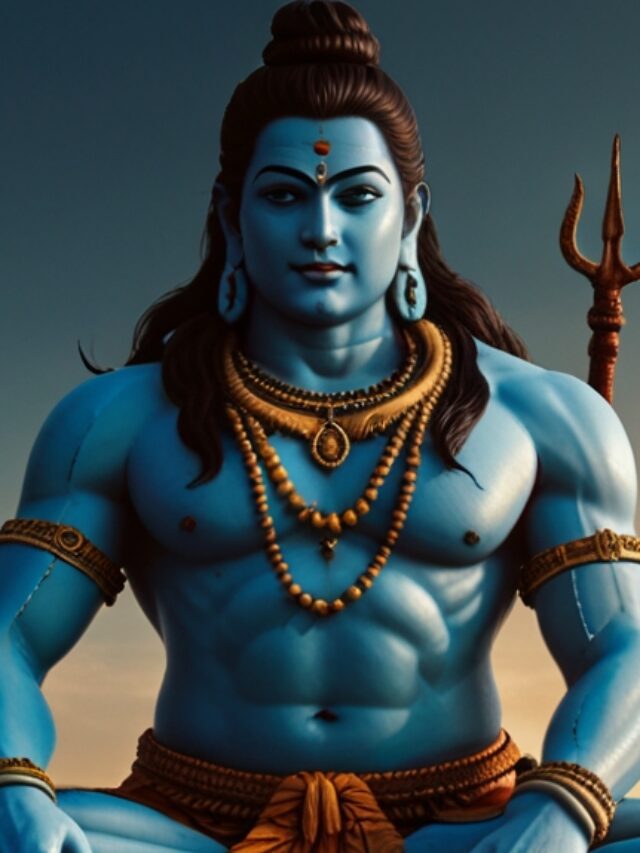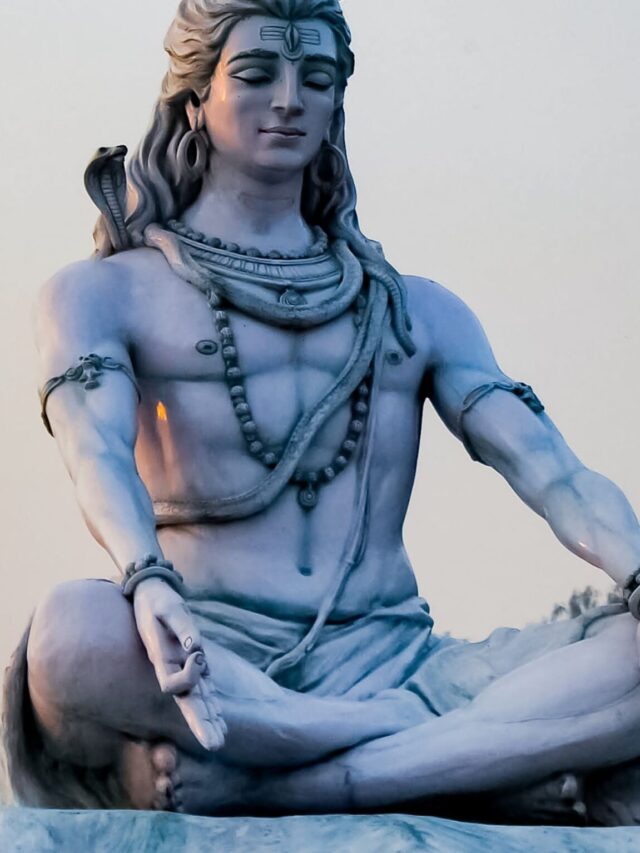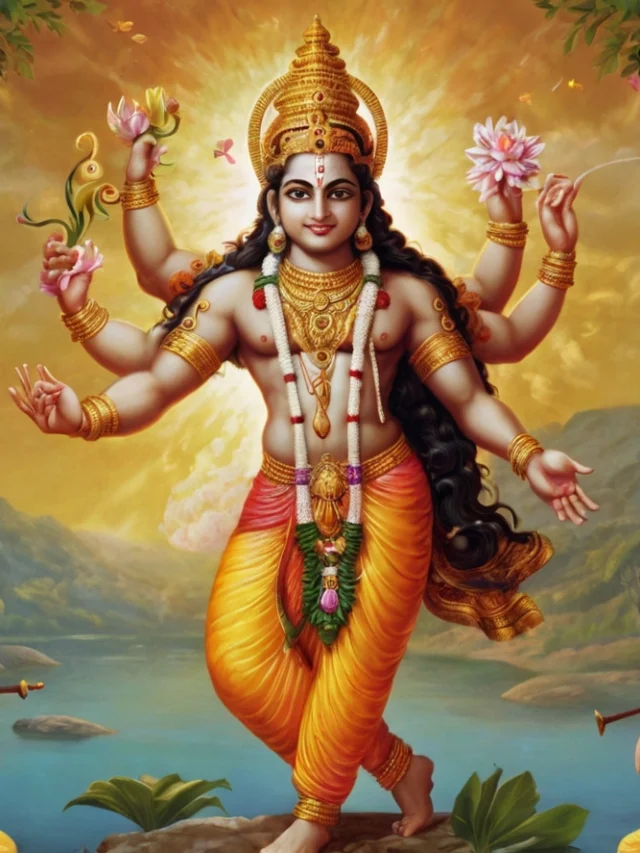The Divine Birth of Draupadi and Drishtadhyumna: Discover the extraordinary origins of Draupadi and her brother Drishtadyumna, born from a sacrificial fire ritual conducted by King Drupada in the epic Mahabharata. Their divine birth set the stage for their pivotal roles in the legendary tale.
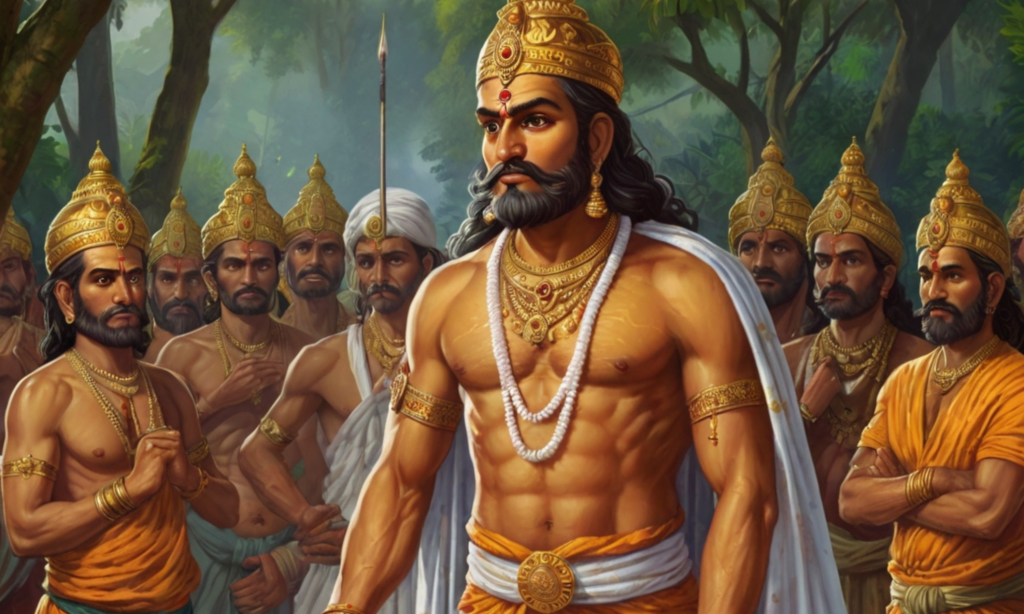
King Drupada of Panchala desired a powerful son to avenge his defeat by Dronacharya
King Drupada of Panchala burned with a bitter fire – the fire of humiliation. Once, he and Dronacharya were childhood friends, equals in every way. But times had changed. Dronacharya, though born a Brahmin, had mastered the art of warfare and craved a worthy student. Drupada, king of a prosperous land, scoffed at the idea, mocking Dronacharya’s poverty.
The insult stung Dronacharya deeply. He sought a different path, eventually becoming the esteemed teacher of the Kaurava and Pandava princes. Years of rigorous training honed the skills of his students, particularly Arjuna, whose talent for archery surpassed even Dronacharya’s expectations.
Dronacharya, as a final test and a way to settle his old score with Drupada, demanded a unique gurudakshina (teacher’s fee) – the capture of King Drupada himself. The Kaurava and Pandava princes, led by the mighty Arjuna, marched on Panchala. Drupada’s army crumbled before their combined might, and the once-proud king was brought before Dronacharya, a prisoner in his own land.
Victory was sweet, but Dronacharya, though filled with the power of vindication, wasn’t devoid of compassion. He saw the shattered remnants of his former friend and chose mercy over complete humiliation. He allowed Drupada to keep half his kingdom, a small consolation prize in the face of defeat.
However, Drupada’s humiliation festered. The memory of his capture fueled a burning desire for revenge. He realized his existing army and warriors were no match for Dronacharya’s expertise. Thus, King Drupada embarked on a desperate quest for a different kind of weapon – a powerful son, born with the sole purpose of defeating Dronacharya. This son, Drupada believed, would be the instrument of his vengeance, the one to erase the stain of defeat and restore his lost pride.
From Prayers for Revenge to Shikhandi’s Birth: A Twist of Fate
King Drupada of Panchala was a man consumed by a burning desire for revenge. Drona, once his childhood friend turned rival, had humiliated him in a public duel, leaving Drupada fuming. This defeat wasn’t just a loss in battle; it was a shattering blow to his pride and a stain on his kingdom’s reputation.
Drupada couldn’t challenge Drona again. The code of warriors dictated that a rematch after a fair defeat wasn’t allowed. So, vengeance simmered within him, seeking a unique outlet. Obsessed with the idea of crushing the entire Kuru clan, Drupada embarked on a desperate quest. He turned to the divine, seeking a weapon unlike any other.
Through elaborate rituals and fervent prayers, Drupada implored Lord Shiva, the powerful god of destruction and transformation. His singular plea: a mighty son, an instrument of revenge destined to vanquish the Kurus.
Lord Shiva, ever the enigmatic deity, answered Drupada’s prayers, but with a twist. As the sacred fire roared and flames danced, a radiant figure emerged – not a son, but a beautiful daughter!
Drupada’s initial disappointment was swift. How could a daughter fulfill his vengeful desires? But destiny, it seemed, had a different plan in mind. Legend whispers that this daughter was the reincarnation of Amba, a princess scorned by Bhishma, a legendary warrior of the Kuru clan, in a previous life. Now, fate offered her a chance at vengeance in a new form.
Drupada, determined to turn this unexpected turn of events to his advantage, made a radical decision. He would raise his daughter as a son. Her true identity would be a closely guarded secret, hidden beneath layers of masculine clothing and a rigorous warrior’s training. This child, unknowingly carrying the spirit of a vengeful princess and the blessings of a powerful god, would become Shikhandi, a pivotal figure destined to play a crucial role in the epic saga of revenge and redemption.
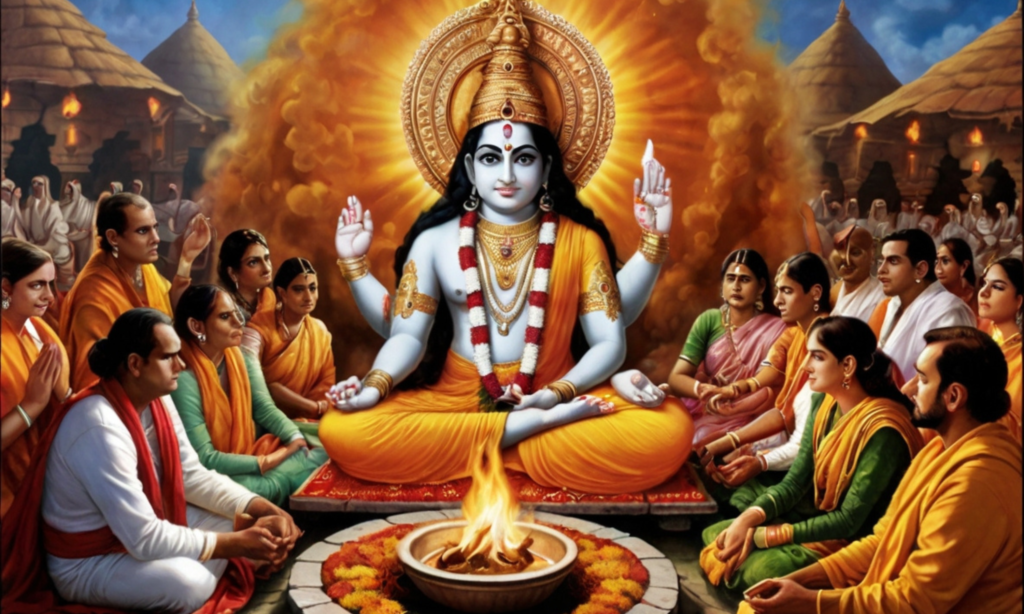
Yaja and Upayaja, two well-known tantrics of the time, to perform a Putrakarma Yagna for Drupad
The Mahabharata doesn’t delve deep into the backgrounds of Yaja and Upayaja, the tantrics who performed the Putrakarma Yagna for King Drupada. However, based on their role and the context of the story, we can infer some details:
- Expertise: Yaja and Upayaja were renowned tantrics. Tantra is a complex philosophical and ritualistic tradition within Hinduism. They likely possessed a deep understanding of sacred texts, mantras, and rituals, particularly those related to achieving specific desires.
- Putrakarma Yagna Specialists: Their reputation suggests they specialized in Putrakarma Yagnas, fire sacrifices intended to bless the king with a son. These rituals might have involved specific offerings, complex chants, and the manipulation of fire’s energy to influence fate.
- High Demand: Drupada seeking them out indicates their fame and success in performing Putrakarma Yagnas. Perhaps other kings with similar desires had previously sought their expertise.
Possible Interpretations:
- Royal Patronage: Yaja and Upayaja likely enjoyed the patronage of various kings seeking heirs. This patronage would have provided them with a comfortable life and possibly a share of the kingdom’s wealth upon successful completion of the Yagna.
- Secrecy and Exclusivity: The details of the Putrakarma Yagna are likely shrouded in secrecy. This secrecy could have been a way to protect the tantrics’ knowledge and maintain their exclusivity, ensuring a steady stream of royal patrons.
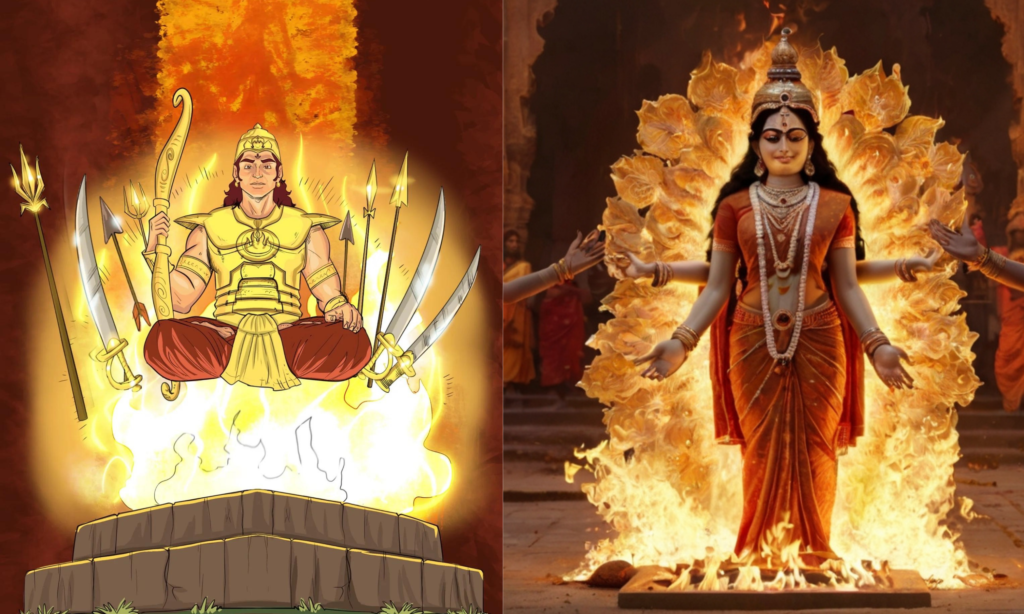
The Divine Birth of Drishtadyumna and Draupadi
Drishtadyumna and Draupadi, two pivotal characters in the Mahabharata, were born through an extraordinary sacrificial ritual performed by their father, King Drupada of Panchala. This divine event was driven by King Drupada’s desire for vengeance and the need for powerful allies.
King Drupada’s Vengeance
King Drupada harbored a deep grudge against Drona, his former friend turned adversary, who had humiliated him in battle. Determined to have a son who could defeat Drona, Drupada performed a great yajna (sacrificial ritual) with the assistance of two sages, Yaja and Upayaja.
The Sacrificial Ritual
During the yajna, Drupada prayed fervently for a powerful son who could bring about Drona’s downfall. As the ritual reached its climax, a divine figure emerged from the sacrificial fire, holding a radiant young man by the hand. This young man was Drishtadyumna, born with the prophecy that he would be the slayer of Drona. Drishtadyumna was a warrior of exceptional skill and strength, embodying the very purpose of Drupada’s sacrifice.
Immediately following Drishtadyumna’s emergence, a beautiful maiden with a dark complexion arose from the flames. This maiden was Draupadi, renowned for her unparalleled beauty and grace. A heavenly voice proclaimed that Draupadi would be the cause of the destruction of the Kauravas, signaling her crucial role in the epic’s unfolding events.
Draupadi’s Destiny
Draupadi’s birth was accompanied by divine signs and prophecies. She was destined to play a central role in the Mahabharata, not only as the wife of the Pandavas but also as a catalyst for the great Kurukshetra War. Her strength, resilience, and unwavering sense of justice were evident throughout her life, influencing the course of the epic.
Drishtadyumna’s Role
Drishtadyumna, true to the prophecy, became a formidable warrior. He was trained in warfare and martial arts, specifically to defeat Drona. His destiny was fulfilled during the Kurukshetra War, where he played a key role in the battle strategies and ultimately in Drona’s demise.
Conclusion
The divine birth of Drishtadyumna and Draupadi through the sacrificial ritual performed by King Drupada is a testament to the themes of destiny, divine intervention, and the quest for justice in the Mahabharata. Their extraordinary origins and the prophecies surrounding their lives underscore their significance in the epic’s grand narrative, shaping the events that lead to the ultimate battle between the forces of good and evil.

